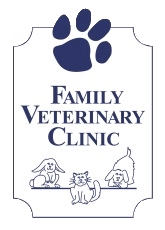General Surgery
|
At Family Veterinary Clinic, we take surgery very seriously. Our veterinarians have thirty years combined experience, fifteen serving the Crofton, Gambrills and Bowie areas. Both have extensive knowledge and skill in spays, neuters, cesarean section, cystotomy, exploratory laparotomy, resection and anastomosis, minor reconstruction, mass removals, and eye surgeries. All of these surgeries are performed in our “state of the art” facility, outfitted with the latest surgical equipment.
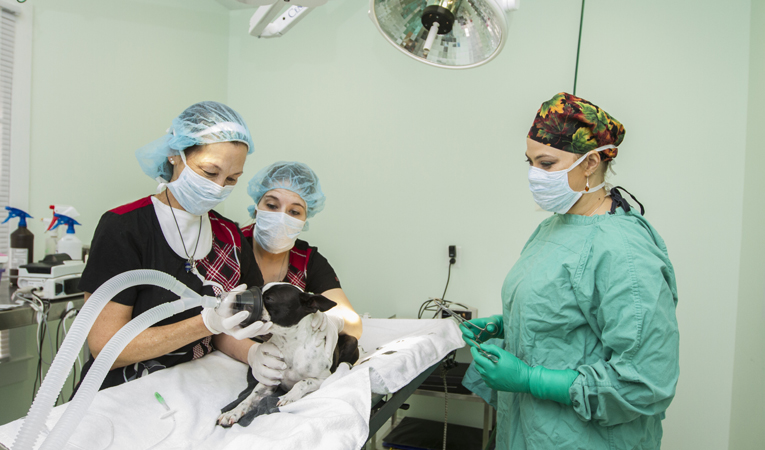
Anyone considering having surgery performed on their loved one is faced with a daunting amount of information. Whether it comes from their veterinarian, an online source or friends who have had similar procedures, it can be confusing and sometimes even scary. The following are just a few guidelines when considering having a procedure done.
Make sure the veterinarian is qualified and experienced in performing the procedure.
Like their human counterparts, veterinarians have become specialized, from general practitioners that you see every year to specialists that only work in one area. Just as with human medicine, it is important to get the right doctor and although most veterinarians are capable of performing surgeries such as spays and neuters it is a good idea to have a “Board Certified Surgeon” perform more complicated ones such as orthopedic repairs. (What is a Board Certified Surgeon?)
Be educated about the procedure.
There are plenty of resources to familiarize you with the procedure prior to having it performed. Ask your veterinarian to explain what they will be doing; they should be willing to go over it in as much detail as you like. Go to reputable web-sites, such as ones sponsored by universities. (Click Here)
|



|
|
|
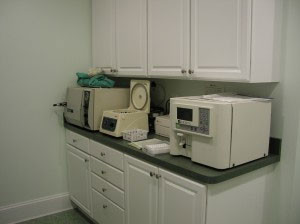
Full In-house Lab
|
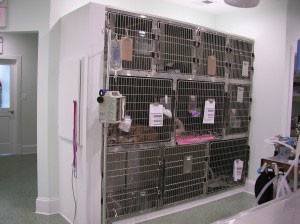
Heated Recovery Cages
|
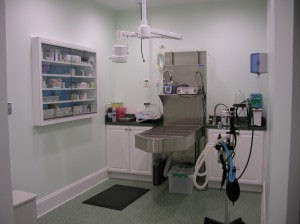
Dedicated Dental Suite
|
“Cleanliness is next to godliness”, as the saying goes, is true when referring to surgery than at any other time.
This old proverb could be expanded to say, “A clean, well equipped and maintained surgery is next to godliness”. When general anesthesia is administered every measure should be taken, both pre and post operative, to increase the chances of a positive outcome. Most of the surgeries performed by your veterinarian call for general anesthesia. As is with the human medical field, there are standards and practices used to promote success. The veterinary field has adopted most of these standards, look for these when making your selection.
|
|
1. Experienced, qualified surgeons whom regularly perform the surgery your pet needs. (keep in mind that some surgeons perform more than 25 surgeries per day, try to schedule your pet to be one of the first or schedule with a facility that does not place as much load on their surgeons)
2. A well-equipped, dedicated surgery suite. “The only thing that should be in surgery is surgery”. A surgery suite is not a recovery, storage, or dental room. At a minimum, it should contain monitors (pulse oximetry, respirations, temperature, ECG), heated surgery table, fluid warmer and pump, double lights, anesthesia machine with oxygen supply, and instrument table. At a maximum is should contain the same. (specialized procedures may call for additional equipment such as x-ray, ultrasound or endoscopy)
|
3. A clean, comfortable and heated recovery area. Heat loss during and after surgery is an important consideration; make sure the facility has a heat loss mitigation system, preferably heated recovery cages, that limit heat loss and keep patients safe while they overcome the effects of anesthesia. ( the floor, although sometimes necessary, is not ideal)
4. In-house lab. As with humans, pets should have pre-operative blood work to check overall wellness and screen for conditions that could cause surgical complications
|
|
